Social Inclusion
Number of results stories covering this topic: 39
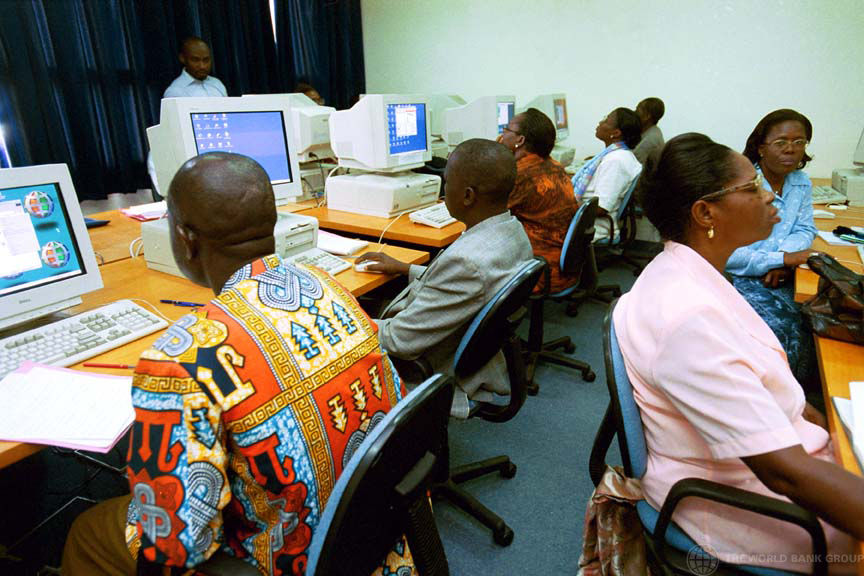
Scaling Up Digital Citizen Engagement
The World Bank Group (WBG) aims to integrate Citizen Engagement (CE) systematically into its operations, particularly emphasizing inclusion and empowerment of citizen participation. The COVID-19 pandemic, with its impact on traditional CE mechanisms, prompted a strategic shift towards leveraging digital tools for transparent, inclusive, and…
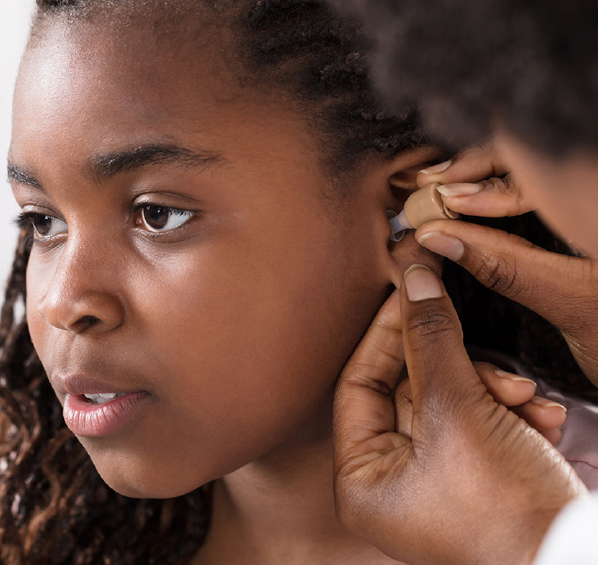
Strengthening the Disability Inclusion Agenda in Cameroon, Nigeria and Sierra Leone
A knowledge exchange and peer learning program were carried out virtually due to COVID-19 restrictions through a series of webinars, bringing together practitioners and representatives of key ministries and public agencies, as well as Civil Society Organizations (CSOs), and Organizations of persons with disabilities (OPDs) from Cameroun, Nigeria,…
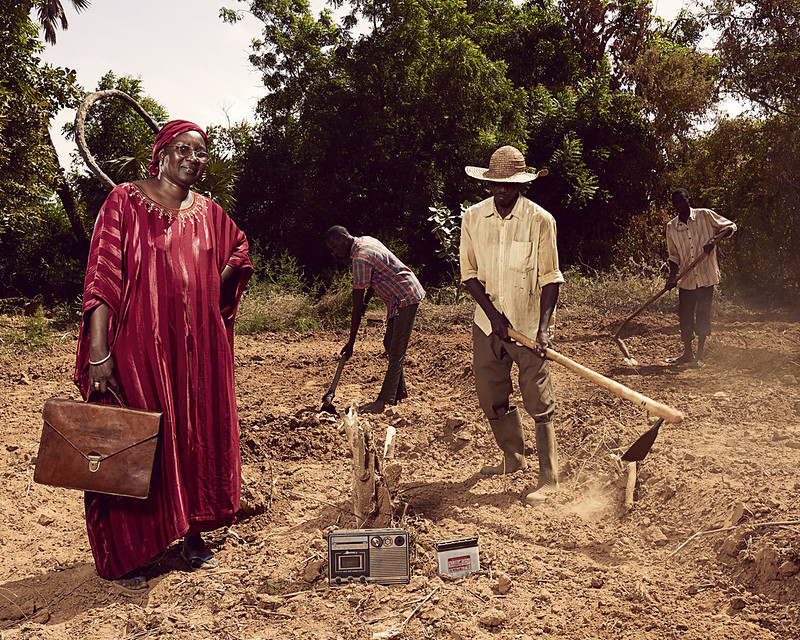
Strengthening the Regional Community-Driven Development Network in Africa in Fragility, Conflict and Violence Contexts
Building upon a knowledge exchange that took place from 2017 to 2018, this knowledge exchange – with an extended scope and regional participation – had as objective to (a) deepen learning and the ties forged between Guinea and Cameroon CDD project teams, while extending the knowledge network to Burundi and across linguistic boundaries to Nigeria…
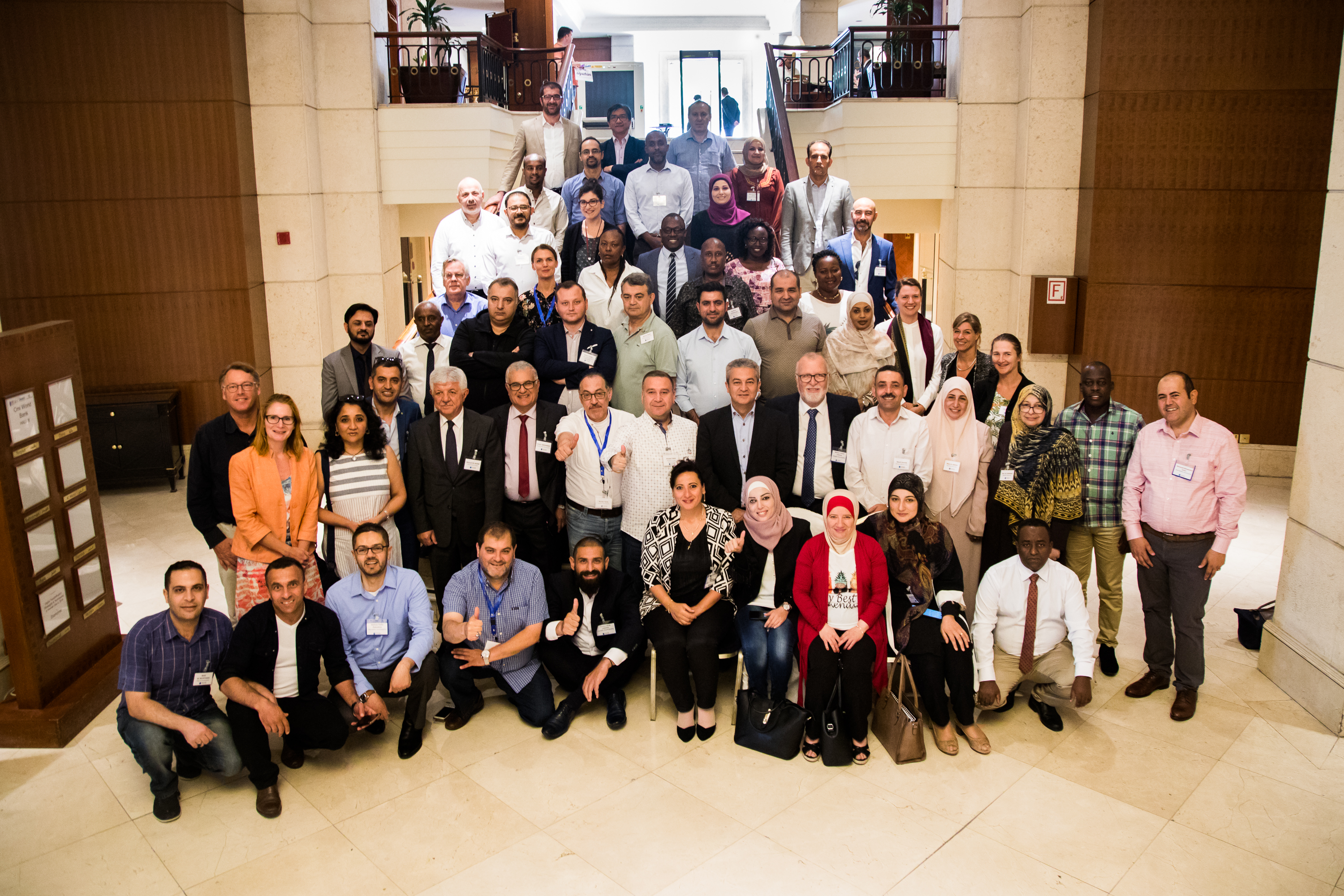
Local economic development in municipalities hosting forcibly displaced people
Forced displacement is among the most pressing challenges in the Eastern Mediterranean region. In the Middle East and Turkey, the Syrian refugee crisis involves humanitarian challenges coupled with significant spillover effects in neighboring regions. After six years of Syrian conflict and displacement, Syrian refugees are seen as medium-term…
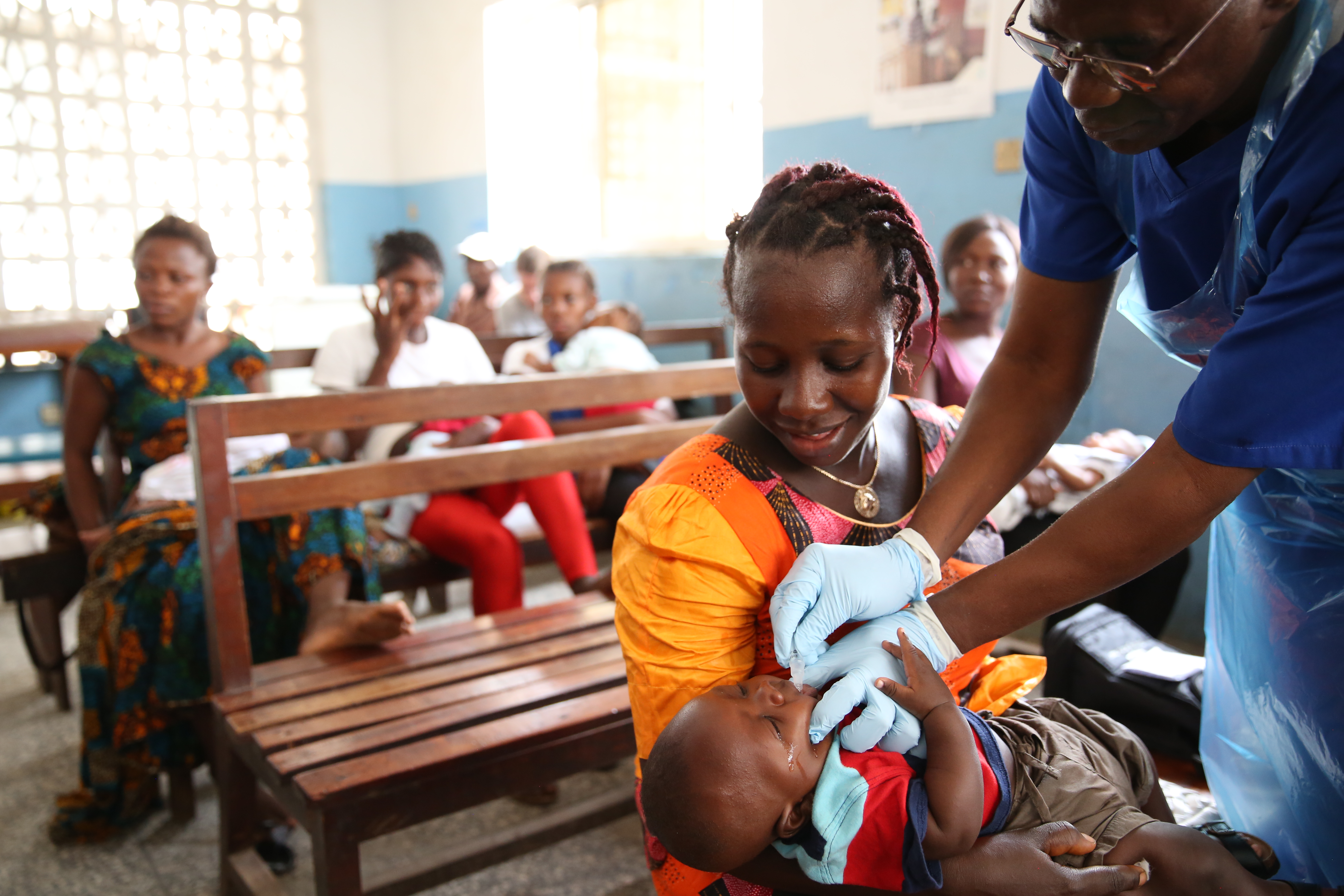
Sustaining and Scaling up Productive Safety Net Systems in Guinea
A delegation of senior officials from the Government of Guinea participated in learning and knowledge activities in Rwanda, focusing on productive safety net systems. The Government of Guinea is committed to investing in safety nets as a key instrument for reducing poverty, protecting vulnerable populations from shocks and promoting resilience.…
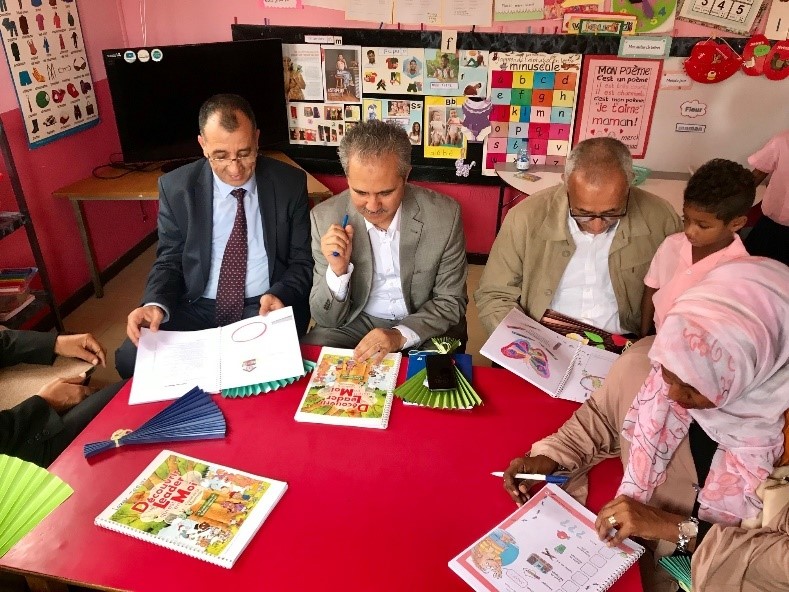
Developing Early Childhood Education in Djibouti and Morocco
A knowledge exchange and peer learning activities were carried out for delegations from Djibouti and Morocco seeking to learn from Mauritius. Despite different national contexts, Djibouti and Morocco are facing similar challenges that Mauritius faced in the mid-1980s, relating a largely informal Early Childhood Development (ECD) sector and…
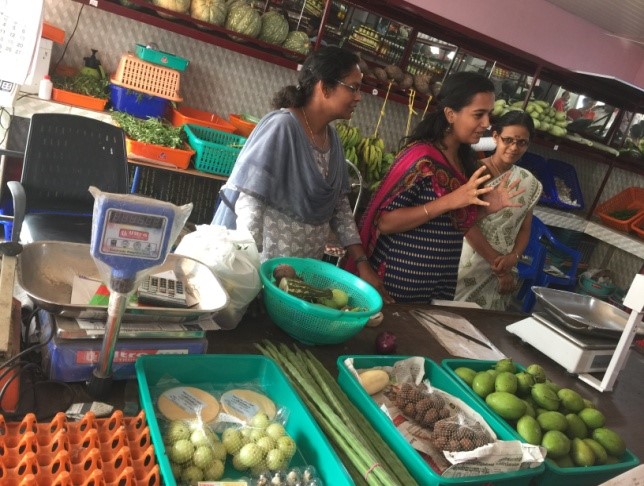
Strengthening the Female Youth Entrepreneurship Framework in Bangladesh
The knowledge exchange supported under the South-South Facility, was undertaken between Bangladesh: Social Development Foundation, the implementing agency of the World Bank Nuton Jibon Livelihood Project (NJLP) and India: Kerala State’s National Rural Livelihood Mission (Kudumbashree).
The objective of the exchange was to deepen the expertise…
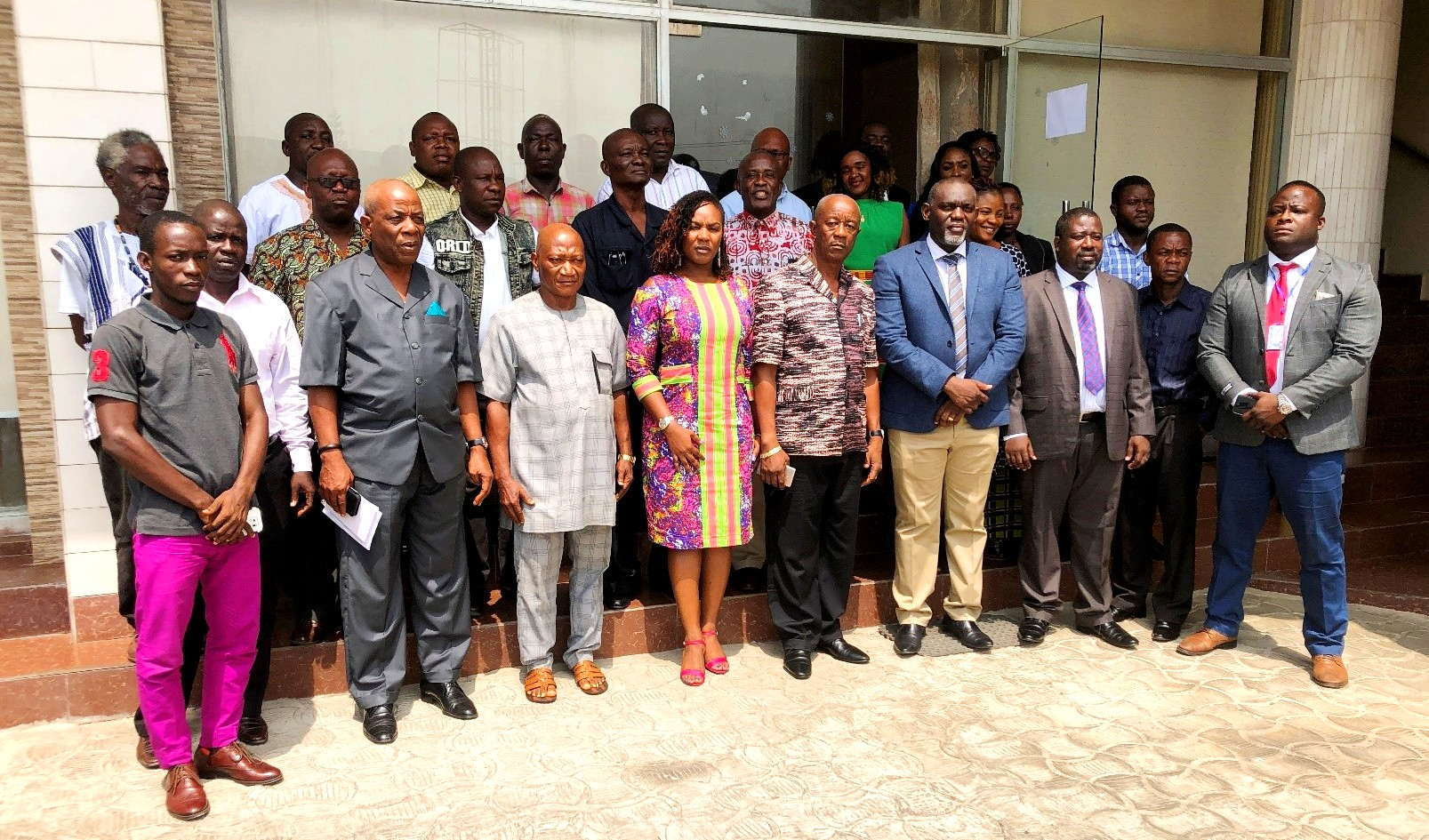
Establishing a Land Administration System in Liberia
Liberia is at a critical stage in its peace building and development process, given the multiple challenges the country is facing. One of the key challenges is insecure tenure and the absence of a functioning land administration system. Secure tenure is a prerequisite for increased productivity, dispute resolution, strengthened business…
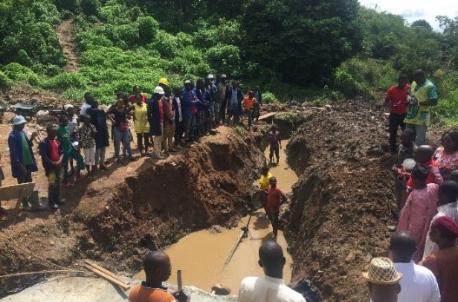
Participatory Local Development and Service Delivery in Francophone Africa
The Governments of Cameroon, Guinea and Senegal (“the Governments”) have been pursuing a strategy of decentralization in tackling challenges of poverty, weak institutional capacity, and fragility. While these Governments have been considerably successful in supporting bottom-up local development in ongoing World Bank-funded projects, they have…
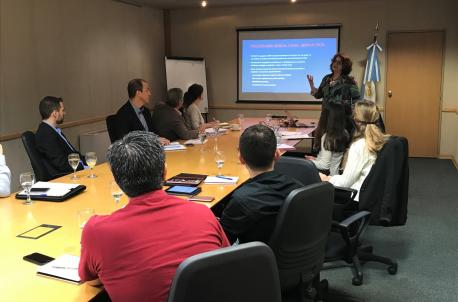
Argentina Affordable Housing Support
The Government of Argentina (GOA) launched in 2016 the first nation-wide demand-side housing supply program for first-home buyers (the Linea Solucion Casa Propia Program, SCP). The World Bank, as part of the Integrated Habitat and Housing Project (P159929), is supporting the SCP. The SCP provides a lump-sum subsidy to eligible households, which,…
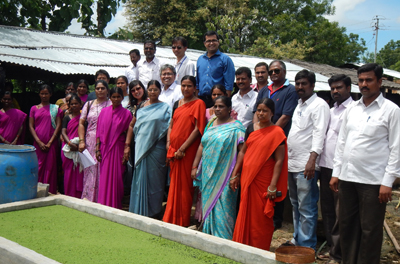
Empowering the Poor in Indonesia
With assistance of the Bank and other donors, Indonesia has supported a National Program for Community Empowerment (PNPM), which has helped more than 70,000 villages prioritize needs and access community grants for development projects. The PNPM has been highly successful in supporting community infrastructure projects, such as building roads…

Decentralization and Local Government Development Exchange between Tunisia and Turkey
The Government of Tunisia sought to move forward its decentralization agenda in response to citizens’ demands for more accountable, effective, and efficient government. To gain knowledge on how to best operationalize an ambitious agenda for decentralization and local government empowerment, the Government participated in a knowledge exchange with…
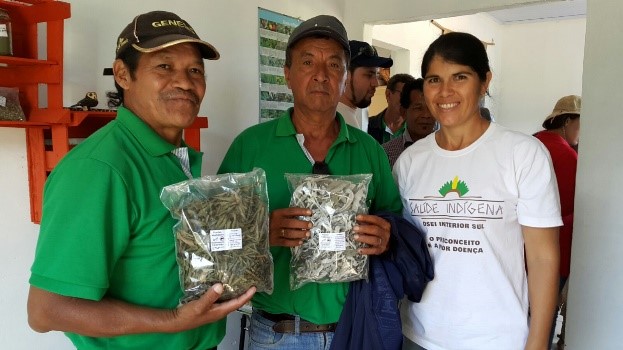
Access to Markets and Value Chains for Indigenous People in Paraguay
The Government of Paraguay’s (GoP) National Development Plan (NDP) 2014-2030 focuses on eliminating extreme poverty. NDP includes the flagship program Sembrando Oportunidades (Sowing Opportunities) which seeks to increase income and access to social services for families living in situations of vulnerability. Although the program has yielded…
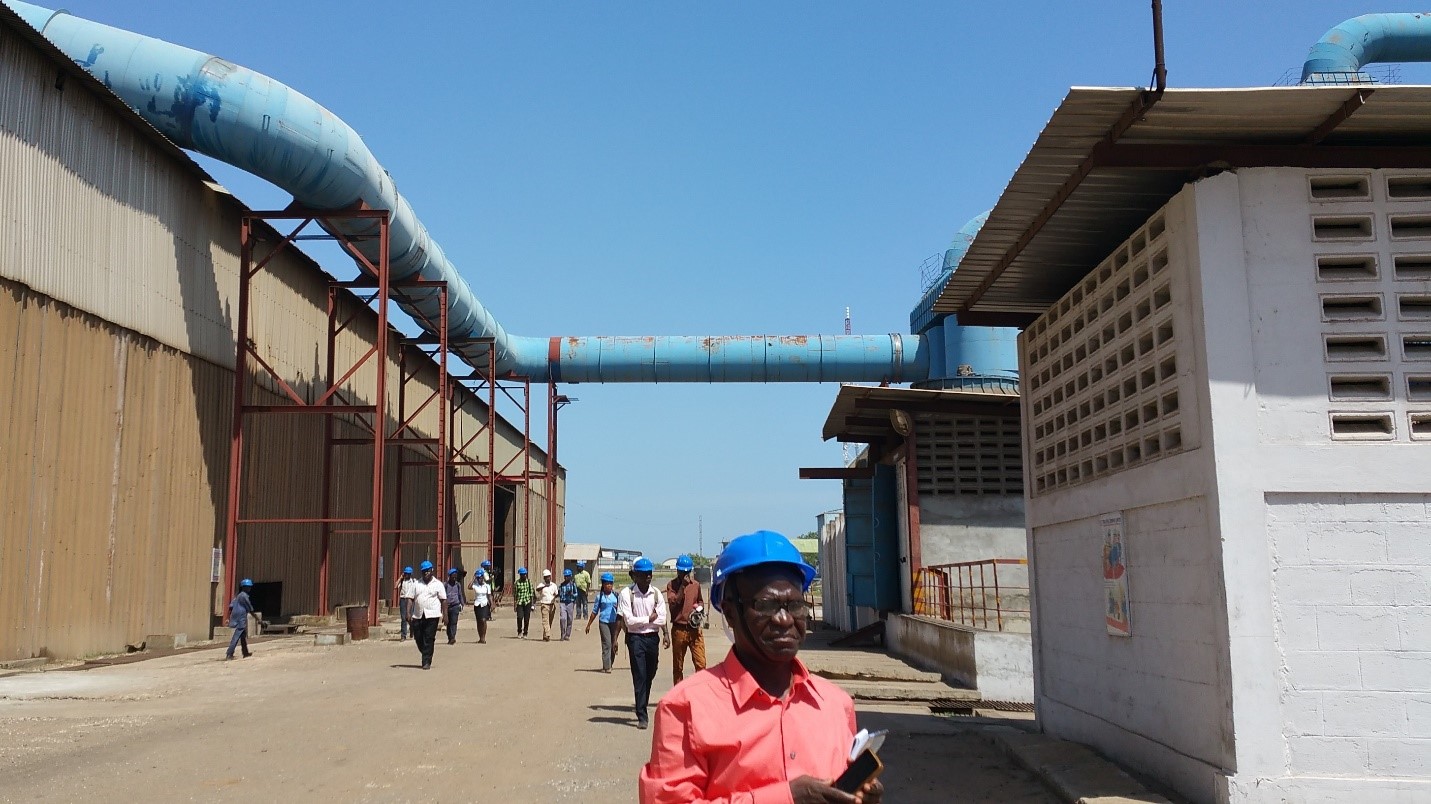
Promoting Accountable and Inclusive Institutions in Paraguay: Learning from Access to Information in Brazil, Chile and Uruguay
With Paraguay’s Access to Information (ATI) Law recently approved, coordination of its implementation fell under the responsibility of the ATI Directorate of Paraguay. In order to address capacity gaps, this knowledge exchange with agencies from Brazil, Chile and Uruguay enabled the ATI Directorate to learn good practices. As a result, a strategic…

Nepal Learns about Post-Conflict State Building from Rwanda and South Africa
With Nepal’s transition from monarchy to republic in 2009, a decade-long civil insurgency endured by the Nepalese people finally ended. The Government of Nepal (GoN) wanted to learn how other countries had reintegrated combatants into society and successfully increased the role of local governments after similar conflicts. The GoN asked the World…
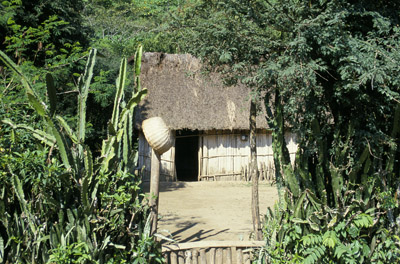
Helping Indigenous Communities in Nicaragua Manage Forest Resources
The Government of Nicaragua (GoN) supports indigenous communities in the Northern Atlantic and Southern Atlantic Autonomous Regions (RAAN and RAAS) in their efforts to take ownership and manage their own forest resources---a policy that helps reduce poverty in the communities while also fighting ecological degradation. Although the Nicaraguan…
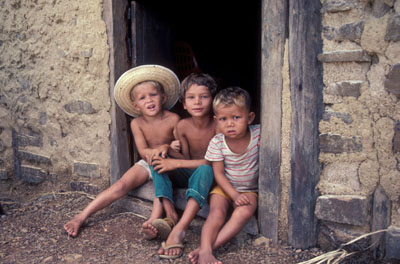
St. Lucia and the Caribbean Collaborate to Support “At-Risk” Boys
St. Lucia and many of its Caribbean neighbors face a growing problem with keeping boys out of trouble. From leaving school, turning to crime, and abusing drugs and alcohol, the risky behaviors caused by unemployment and poverty contribute to social tensions and threaten tourist industry growth, which is so vital to Caribbean island economies.…
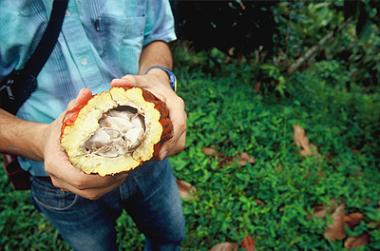
Environmental Sustainable Cacao Production for Small-Scale IP and Afro-Decedents Farmers in Honduras
In Honduras, small cacao farmers were not equipped to enter a more competitive international market. These farmers traditionally had limited access to technical assistance, training, financial support, and other extension services. To assist these indigenous and Afro-descendant farmers with preparing their cacao products for international markets…
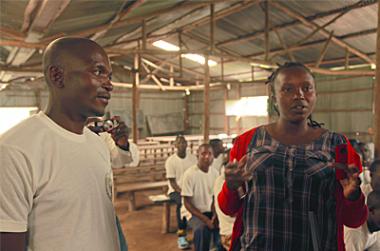
Somalia’s National Programme for Disengaged Combatants Learns from Rwanda’s Experience
To bolster efforts in implementing the National Programme for Disengaged Combatants in Somalia, the World Bank initiated a “Knowledge and Experience Exchange Study Tour” that enabled a delegation from the Federal Ministry of Interior and National Security, African Union Mission in Somalia (AMISOM), and United Nations Assistance Mission in Somalia…

Helping Adolescent Girls Succeed in Rwanda: A Knowledge Exchange between the Adolescent Girls Initiatives in Rwanda and Liberia
The Government of Rwandawanted to improve employment, incomes, and empowerment of disadvantaged young women through improved access to educational and entrepreneurial opportunities. It lacked the capacity to formulate and coordinate appropriate policy and training to achieve these goals. During a knowledge exchange between the Adolescent Girls…
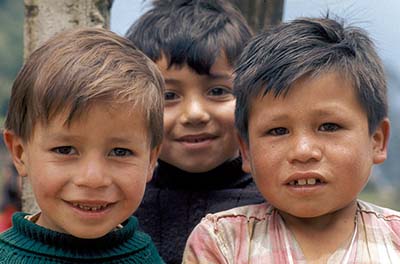
Improved Early Childhood Care and Development Action Plans in La Paz and El Alto, Bolivia
Bolivia’s National Development Plan and Country Partnership Strategy identify the improvement of basic social services as one of the four development pillars for sustained economic growth. New Education and Popular Participation laws call for education services that consider the nation’s rich cultural diversity. The same laws assign control of…
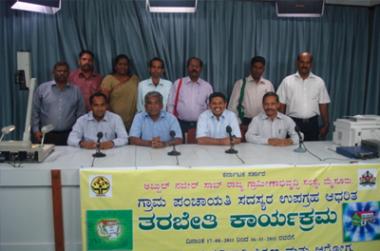
Improving local government services in Sri Lanka
With support of a Bank project, Sri Lankan officials sought to strengthen local governments’ capacity to provide roads, schools, and other infrastructure, and to involve citizens in development planning and programs. Through exchanges with counterparts in the Indian provinces of Kerala and Karnataka, officials enhanced their skills in local…
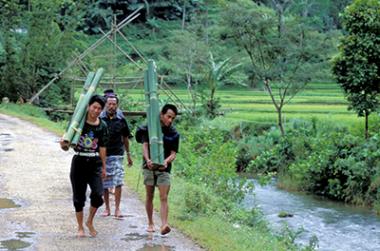
Strengthening Local Governance in India
India’s national and state governments sought to build their capacity to decentralize funding and responsibilities to local governments and monitor CDD programs providing grants to communities. Indian delegates engaged in a nine-day study tour to Indonesia to learn about the structure and operations of Indonesia’s National Program for Community…
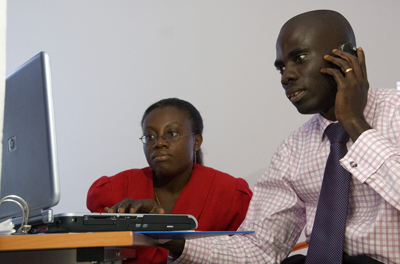
Urban Community Mapping
To improve the efficiency and accountability of the government, Tanzania wanted to increase citizen-based monitoring through Information and Communication Technology (ICT) services. Increasing transparency and good governance are crucial aspects of the World Bank Country Assistance Strategy (CAS) and the Tanzanian National Strategy for Growth and…
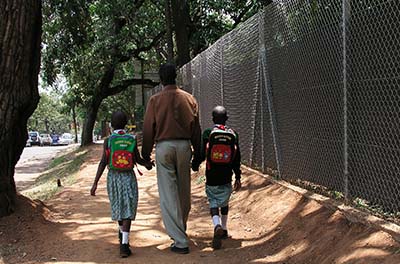
Improving Land Acquisition and Resettlement in Uganda
Development in Uganda, especially in the energy and mineral sectors, increasingly involves land acquisition and involuntary resettlement, which can lead to loss of assets and livelihoods. The Ugandan Government had developed and approved a new land policy, but inadequate guidance on processes and procedures of resettlement led to inconsistent…
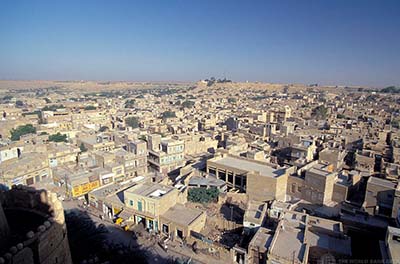
Enhancing South-South Cooperation to Reduce Urban Poverty
In 2003, India, Brazil, and South Africa signed a Trilateral Agreement (IBSA) establishing a mechanism for South-South cooperation among these countries and other developing nations to advance inclusive sustainable development and to counter marginalization. These countries shared an urban challenge of millions of poor people living in slums; in…
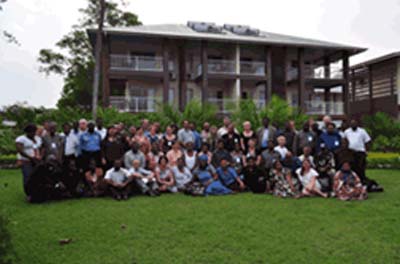
Strengthening Community Justice Systems in Melanesia
Effective and transparent dispute resolution systems are prerequisites to the inclusive development of the South Pacific countries of Vanuatu and Solomon Islands. Besides formal courts, these countries support community justice systems, which blend state and non-state processes and integrate customary law and lay persons as decision-makers.…
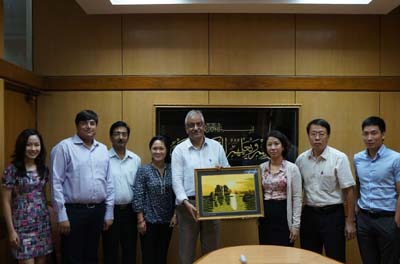
Promoting Pro-Poor Innovation in Vietnam
To help to reduce poverty, the Government of Vietnam prioritized “inclusive innovation,” which involves developing programs to identify national development challenges (NDCs), and stimulating low-cost yet high quality technological solutions and products benefiting the poor. In 2010, the Government began to prepare the World Bank Vietnam…
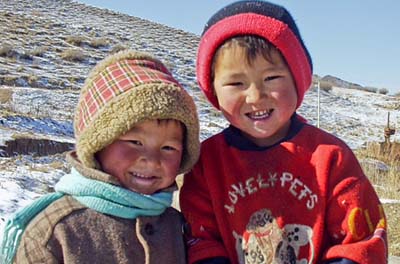
Building successful microfinance in rural areas in the Kyrgyz Republic
Up to 60 percent of rural households in the Kyrgyz Republic live in poverty, including 19 percent in extreme poverty. Rural households spend 74 percent of their incomes on food. At the same time, the Kyrgyz Republic had experienced some of the most severe food price shocks in Central Asia. Food prices increased 48 percent during the global food…
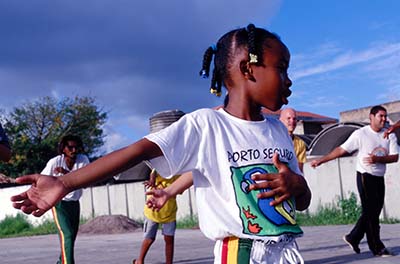
Social Inclusion through Sports and Physical Culture in Russia
Since Russia's transition from a planned to a market economy over two decades ago, economic growth has been steady and GDP per capita has increased threefold – yet inequality has also risen significantly.
Looking for ways to reduce inequality and social exclusion, Russian authorities chose sports as a powerful mobilizer and vehicle for access to…
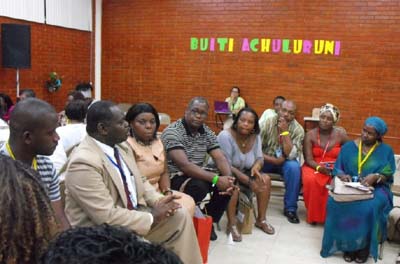
Engaging the Indigenous in Honduras’ Development
In Honduras, Afro-descendent and indigenous groups are among the poorest in the country, and lack a voice in development. The government approved a plan to involve them in development, and also created a Ministry to promote their welfare. However, indigenous groups were unclear about their needs and priorities, and public agencies did not have…
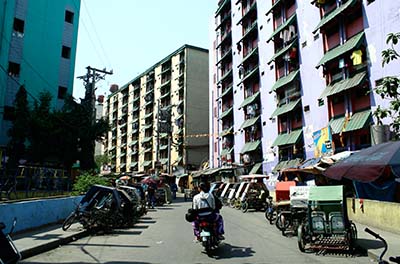
Study Tours to Learn Best Practices in Migrant Reintegration
Migration carries economic and social importance in the Philippines. Migrant remittances accounted for 10 percent of the GDP in 2010, and the number of Filipinos residing overseas is estimated to be 10 percent of the population. The migration destinations are diverse, ranging from the Middle East to the Americas, as are migrant occupations:…
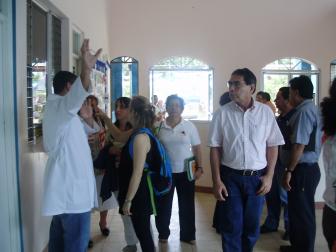
Strengthening the institutional capacity of the Nicaraguan Ministry of Health
To improve the management and delivery of health services to its citizens, and address equity, efficiency, and access gaps in its public health sector, the Government of Nicaragua engaged in an exchange with Argentina. They learned new payment mechanisms that will help improve the quality of preventative care, and provision of basic health care…
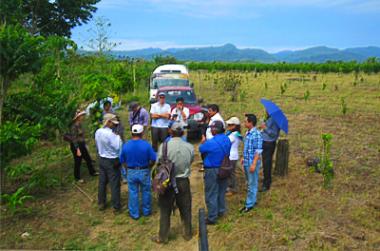
Improving Livelihoods of the Rural Poor in Vietnam
To address disproportionately high rates of poverty among ethnic minorities, the Government of Vietnam planned several national assistance projects in the poorest regions of the country. Vietnam sought a knowledge exchange to learn how similar poverty issues have been approached in Brazil and Bolivia based on these countries’ success with…
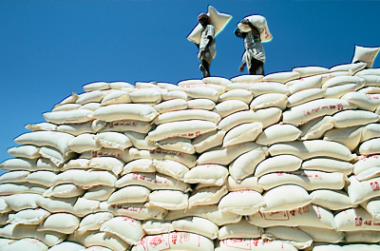
Learning Innovative Participatory Approaches in Addressing Informal Settlement Issues
The Government of Bangladesh recognized a need to ensure secure and affordable housing options for its urban poor at a time of rapid urban expansion. Toward this objective, the Government moved to develop a national framework for providing housing and shelter options for the urban poor and most vulnerable. A knowledge exchange with India and the…
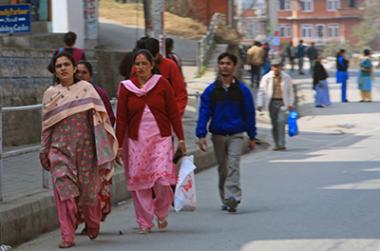
Strengthening Infrastructure Knowledge and Capacity in Nepal’s National Identification System
The Government of Nepal needed to address the organizational effectiveness of its National Identification Management Center (NIDMC), specifically with focus on operational efficiency, effective communications, stakeholder relations, and results. Pakistan had implemented a similar program with success. Through the exchange, Nepal set out to learn…
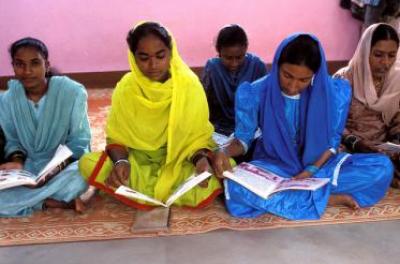
Strengthening Decentralization and Local Governance in the State of Kerala in India
What was the objective of the South-South exchange?
What has happened so far?
What results have been achieved?
What was the objective of the South-South exchange?
In line with India’s 73rd and 74th Constitutional Amendment, the state of Kerala has, since the mid-1990s, embraced decentralization reforms aimed at devolving greater…
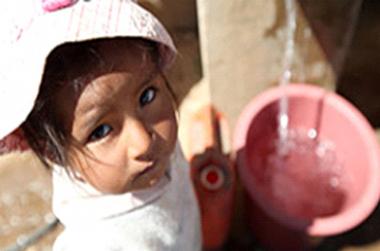
Implementing Multidimensional Measures of Well-being in Bolivia: Learning from Bhutan, Ecuador, and Mexico
The Exchange gathered experts from Bhutan, Ecuador, and Mexico to share knowledge with Bolivian government officials on “measuring” the concept of buen vivir (literally, living well) across monetary and nonmonetary dimensions of social development. Approaches used included two conferences in La Paz Bolivia, and videoconferences among participating…
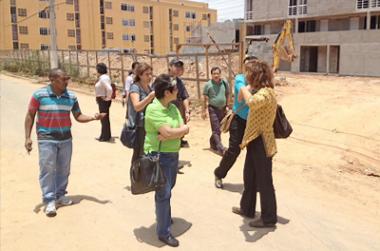
Shelter for the Urban Poor in the Philippines: Building Capacity to Develop and Implement Inclusive and Effective Large-Scale Solutions
To develop a national framework for providing housing and shelter options for the marginalized urban poor, officials from the Philippines engaged in an exchange with Brazil. They learned how to develop subsidy and incentive programs to engage a wide cross-section of public and private stakeholders, developing their own National Informal…

 China
China Colombia
Colombia Denmark
Denmark India
India Indonesia
Indonesia Mexico
Mexico Russian Federation
Russian Federation Spain
Spain United Kingdom
United Kingdom